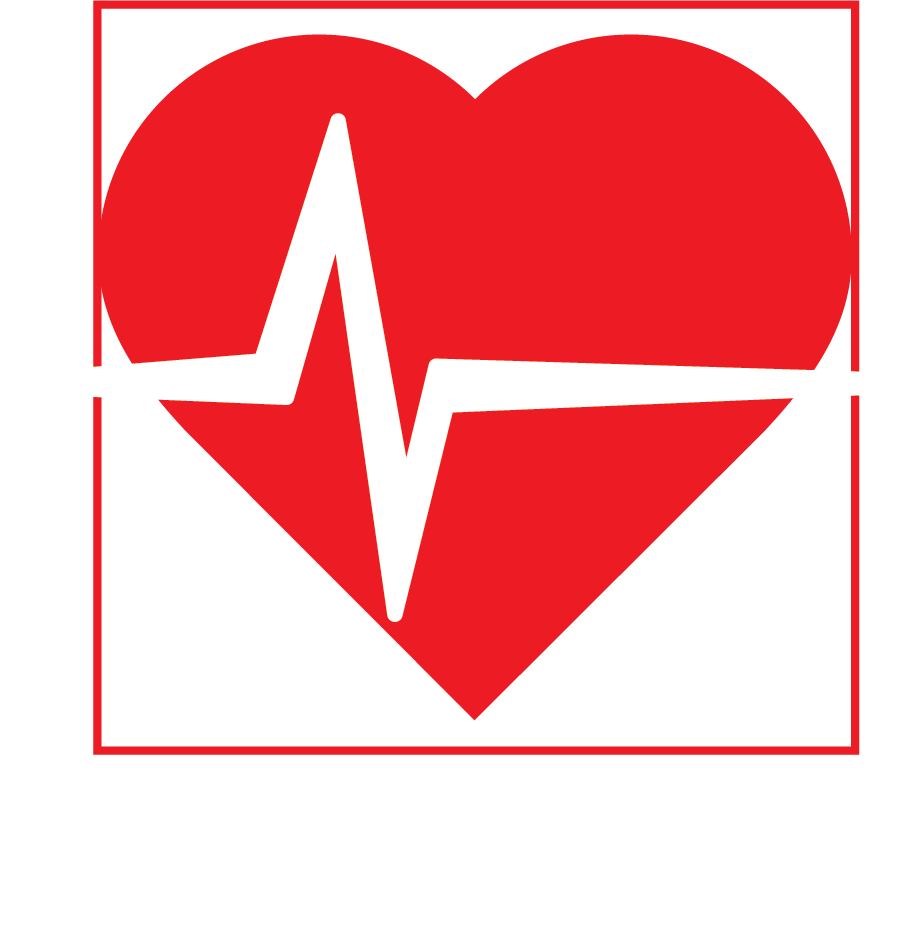Innovating CPR, AED & First Aid Training
An accident can happen anytime & anywhere. Whether it’s a minor scrape, a major burn broken bone, or something more serious, it’s important to know what steps to take.
During a critical medical emergency, time is of the essence, leaving no room for reliance on online medical advice. By undergoing comprehensive first aid and CPR training provided by an Emergency First Response® (EFR®) instructor, you will learn the expertise and capabilities to assist someone in distress. This training positions allows them to make informed responses that makes a crucial difference in emergencies.
Earn your CPR certification and learn the basics of first aid in a fun, non-stressful environment. You’ll practice everything from bandaging to injury assessment, and other essential skills that could save the life of even someone you care about. Gain confidence through hands-on practice and learn what steps to take in an emergency.
Start your course online today!
Emergency First Response is one of the largest international CPR, AED and first aid training organizations. Every day, in 170 countries around the world, 56,000 EFR Instructors help individuals, communities and businesses prepare for emergencies. EFR Courses make learning easy by providing a non-stressful environment and learning tools to help students even prior rescue experience remember key procedures in an emergency.
Did you know? Our EFR courses align with the CPR and first aid training prerequisites which form part of the PADI Rescue Diver course and beyond.

With a combination of knowledge development and hands-on skill practice, you’ll be able to identify and respond to life-threatening emergencies. You will also learn how to identify a stroke, administer CPR and gain other essential lifesaving skills.
You’ll also learn how to handle injuries or illnesses that are not immediately life-threatening. Learn how to bandage and splint injuries, burn care, what to do following an animal bite or sting and other basic first aid skills. This course will also give you the additional knowledge of what to do if a child or infant is ill or injured. Learn more about how medical emergencies may be different for children versus adults and gain valuable insights about the potential emotional aspects of caring for children.
Having CPR & First Training for emergencies is great. But if its been a while then its best to keep your skills refreshed. If you have taken this course in the past, now is a great time for a refresher! Specially, if you are looking to do the PADI Rescue Diver Certification soon and have taken the EFR course in the past, then what are you waiting for?
Experts recommend refreshing your CPR and first aid skills every year. Remember, two years is the maximum time that you can allow to elapse before taking a refresher course. Sign up for this convenient and online refresher training today! If you hold a certificate from another training organization, you can attend the Emergency First Response Refresher course to refresh your CPR skills.
With a combination of knowledge development and hands-on skill practice, you’ll be able to identify and respond to life-threatening emergencies. You will also learn how to identify a stroke, administer CPR and gain other essential lifesaving skills.
You’ll also learn how to handle injuries or illnesses that are not immediately life-threatening. Learn how to bandage and splint injuries, burn care, what to do following an animal bite or sting and other basic first aid skills. This course will also give you the additional knowledge of what to do if a child or infant is ill or injured. Learn more about how medical emergencies may be different for children versus adults and gain valuable insights about the potential emotional aspects of caring for children.
The Emergency First Response® Primary Care (CPR + AED) and Secondary Care (First Aid) with Care for Children course combines flexible online self-study and in-person training. It’s your course at your pace. Practice a skill until you feel confident before moving on to the next one. Get the skills you need to confidently identify and respond to the most common childhood injuries and illnesses.
The title says it all! This is a refresher course and like all other skills that we learn in life, if we’re not using them on a regular basis we might become “rusty”. It’s perfectly normal to forget some details, or the order of sequences when you’re not in the habit of practicing them frequently. The scene of an accident isn’t really the place you want to be when you realise you can’t quite remember what you learned in your training.